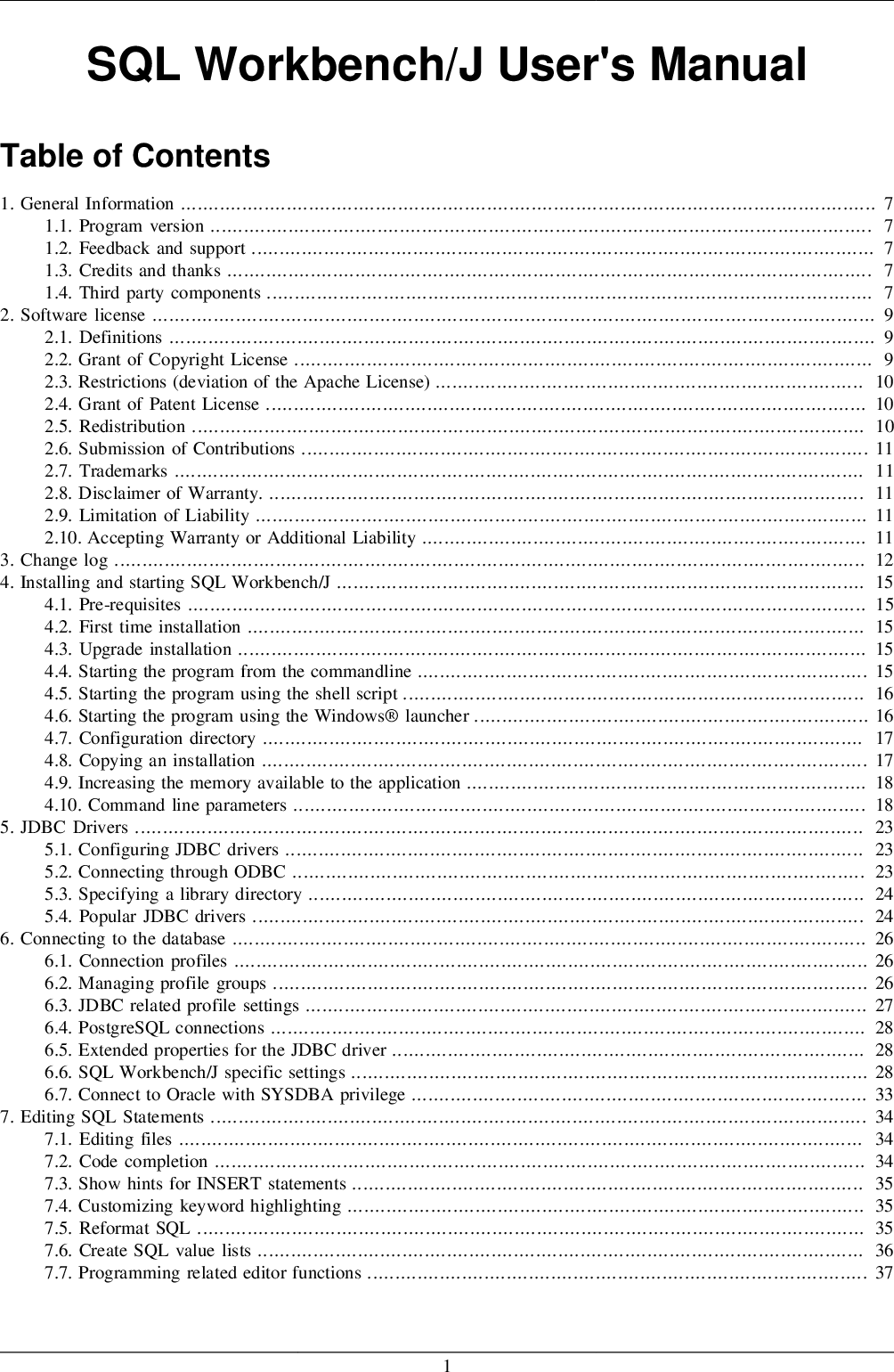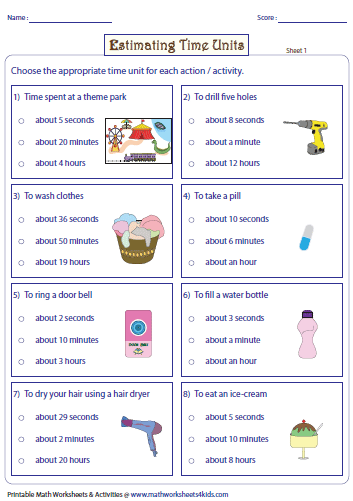Full-time employment often comes with benefits that are not typically offered to part-time, temporary, or flexible workers, such as annual leave, sick leave, and health insurance. However, legislation exists to stop employers from discriminating against part-time workers so this should not be a factor when making decisions on career advancement. They generally pay more than part-time jobs per hour, and this is similarly discriminatory if the pay decision is based on part-time status as a primary factor. The Fair Labor Standards Act does not define full-time employment or part-time employment. The definition by the employer can vary and is generally published in a company's Employee Handbook.
Companies commonly require from 32 to 40 hours per week to be defined as full-time and therefore eligible for benefits. I paid my employee for 43 hours of wages during the last workweek. Eight of those hours were paid as sick leave, as the employee was out ill for one day. The required overtime pay is 1.5 times the hourly rate for hours worked in excess of 40 in a workweek.
Overtime is calculated based on hours actually worked, and your employee worked only 35 hours during the workweek. Unless a policy, contract or collective bargaining agreement states otherwise, you needn´t count sick leave, vacation time, holidays, or other paid time during which the employee did not actually work. My employer paid me for 43 hours of wages during the last workweek.
Eight of those hours were paid as sick leave, as I was out ill for one day. Overtime is calculated based on hours actually worked, and in this scenario you worked only 35 hours during the workweek. Unless a policy, contract or collective bargaining agreement states otherwise, you do not get overtime pay if you used sick leave, vacation time, holidays, or other paid time and did not actually work. Traditionally, employees who work 40 hours per week are considered to be full-time workers. However, many employers designate employees who work fewer hours as full-time workers. Companies determine the number of hours per week that are considered to be full-time.
Full-time workers are likelier to receive benefits such as health insurance, sick pay and vacation time, and employer-provided retirement plans that part-time workers do not receive. Employers are not required to provide benefits to workers beyond those that are mandated by the law. Full-time employees who stay with your company for at least 12 months aren't the only ones that might need an hourly breakdown. Some companies have full-time temporary or seasonal jobs, such as an accountant who hires additional workers to help during tax season.
Other companies might have part-time workers who occasionally work full-time hours, such as getting 40 hours per week when filling in for sick employees. Depending on the reason you're calculating the hours, you might need to include these other forms of full-time hours as well. Is there a maximum number of hours employees can work during a day? Theoretically, employers may schedule employees to work seven days a week, 24 hours per day, so long as minimum wage and overtime laws are observed. Manufacturing employees are limited to 13 hours of work in a 24-hour period. There are also daily and weekly limitations on the hours minors can work.
Workers in New Jersey might wonder how many hours they need to work in a week to be considered to be full-time workers. The Fair Labor Standards Act does not provide any laws that define full-time work. Instead, this determination depends on each company's policy and practices other than the requirements of the Affordable Care Act. The employment lawyers at Swartz Swidler can explain the industry standards in New Jersey and how they apply to full-time employees. Not only that, but not only subtractions can be made — additions can be made as well, for working overtime, or on the sixth or seventh day of the week.
It is a fact of life that humans are unpredictable, but unfortunately, contracting officials get saddled with predicting their actions in order to draw up a reasonable contract. Singapore enacts an 8-hour normal work day , a 44-hour normal working week, and a maximum 48-hour work week. It is to note that if the employee works no more than five days a week, the employee's normal working day is 9-hour and the working week is 44 hours. Also, if the number of hours worked of the worker is less than 44 hours every alternate week, the 44-hour weekly limit may be exceeded in the other week. Yet, this is subjected to the pre-specification in the service contract and the maximum should not exceed 48 hours per week or 88 hours in any consecutive two week time.
In addition, a shift worker can work up to 12 hours a day, provided that the average working hours per week do not exceed 44 over a consecutive 3-week time. The overtime allowance per overtime hour must not be less than 1.5 times of the employee's hour basic rates. Generally, business sector agrees that it is important to achieve work–life balance, but does not support a legislation to regulate working hours limit. They believe "standard working hours" is not the best way to achieve work–life balance and the root cause of the long working hours in Hong Kong is due to insufficient labor supply. Hong Kong has no legislation regarding maximum and normal working hours.
The average weekly working hours of full-time employees in Hong Kong is 49 hours. In Hong Kong, 70% of surveyed do not receive any overtime remuneration. These show that people in Hong Kong concerns the working time issues.
As Hong Kong implemented the minimum wage law in May 2011, the Chief Executive, Donald Tsang, of the Special Administrative Region pledged that the government will standardize working hours in Hong Kong. Most employees who work more than 40 hours in a 7-day workweek must be paid overtime. Overtime pay must be at least 1.5 times the employee's regular hourly rate. Other overtime rates, like double time pay are not required under Washington state law, with the exception of certain public works projects. A nondiscretionary bonus is included in determining the regular rate of pay for computing overtime when the bonus is compensation for hours worked, production or proficiency, or as an incentive to remain employed by the same employer.
To properly compute overtime on a flat sum bonus, the bonus must be divided by the maximum legal regular hours worked in the bonus-earning period, not by the total hours worked in the bonus-earning period. This calculation will produce the regular rate of pay on the flat sum bonus earnings. Overtime on a flat sum bonus must then be paid at 1.5 times or 2 times this regular rate calculation for any overtime hour worked in the bonus-earning period. Overtime on production bonuses, bonuses designed as an incentive for increased production for each hour worked are computed differently from flat sum bonuses. To compute overtime on a production bonus, the production bonus is divided by the total hours worked in the bonus earning period.
This calculation will produce the regular rate of pay on the production bonus. Overtime on the production bonus is then paid at .5 times or 1 times the regular rate for all overtime hours worked in the bonus-earning period. Overtime on either type of bonus may be due on either a daily or weekly basis and must be paid in the pay period following the end of the bonus-earning period. The agreed upon regular hours must be used if they areless thanthe legal maximum regular hours. For example, if you work 32 to 38 hours each week, there is an agreed average workweek of 35 hours, and thirty-five hours is the figure used to determine the regular rate of pay. However, in circumstances where the workweek is less than 40 hours, the law does not require payment of the overtime premium unless the employee works more than eight hours in a workday or more than 40 hours in a workweek.
In other words, assuming you are employed under a policy that provides for a 35-hour workweek, the law does not require the employer to pay the overtime premium until after eight hours in a workday or 40 hours in a workweek. If you work more than 35 but fewer than 40 hours in a workweek, you will be entitled to be paid for the extra hours at your regular rate of pay unless you work over eight hours in a workday or 40 hours in a workweek. A couple of simple ways can be used to determine how many hours a full-time employee worked in a year.
If you pay by the hour, check time sheets or time-clock cards and add the total number of hours worked per week to find the annual total. For salaried employees, multiply the number of hours per week you consider full-time, such as 40 or 37.5, by the number of weeks your employee worked. Don't count days off such as holidays, sick leave or vacation time if you're looking for the total hours worked. Include the time off only if your goal is to find how many hours you paid the employee for instead of how many hours he actually worked.
Generally, an FTE is a way to express a part-time workforce in terms of full-time employment. This calculation is sometimes done by taking the number of total hours worked by all part-time employees and dividing by the number of hours that are considered to be a full-time schedule. For example, if an employer has 10 employees who work 20 hours per week and considers 40 hours a full-time schedule, this would equate to 5 FTEs. Keep in my mind that some laws, including the ACA, require employers to use specific calculations to determine the number of FTEs.
The ACA requires that employers add all the hours worked by part-time employees in a month and divide by 120. The standard workweek for full-time SHRA employees is 40 hours per week and the normal workday schedule is eight hours per day plus a meal period, five days per week. Other schedules apply to part-time employees and some shift employees. The University and supervisors are responsible for determining the appropriate work schedules for employees based on business needs. Can my employer offer me "comp" time off instead of paying overtime?
Only government agencies are permitted to offer compensatory time in lieu of overtime. If you are a private sector employee, you must received overtime pay when you work over 40 hours in a workweek. Your employer can discipline you for violating its policy by working overtime without the required authorization.
However, wage and hour laws require that you are compensated for hours you work. Under most circumstances, wage earners and lower-level employees may be legally required by an employer to work more than forty hours in a week; however, they are paid extra for the additional work. Many salaried workers and commission-paid sales staff are not covered by overtime laws. These are generally called "exempt" positions, because they are exempt from federal and state laws that mandate extra pay for extra time worked.
The rules are complex, but generally exempt workers are executives, professionals, or sales staff. For example, school teachers are not paid extra for working extra hours. Business owners and independent contractors are considered self-employed, and none of these laws apply to them. The vast majority of full-time employees in Australia work additional overtime hours.
A 2015 survey found that of Australia's 7.7 million full-time workers, 5 million put in more than 40 hours a week, including 1.4 million who worked more than 50 hours a week and 270,000 who put in more than 70 hours. Beyond regular working hours, it is legal to demand up to 12 hours of overtime during the week, plus another 16 hours on weekends. The 40-hour workweek expanded to companies with 300 employees or more in 2005, 100 employees or more in 2006, 50 or more in 2007, 20 or more in 2008 and a full inclusion to all workers nationwide in July 2011. The government has continuously increased public holidays to 16 days in 2013, more than the 10 days of the United States and double that of the United Kingdom's 8 days. Despite those efforts, South Korea's work hours are still relatively long, with an average 1,967 hours per year in 2019.
Many countries regulate the work week by law, such as stipulating minimum daily rest periods, annual holidays, and a maximum number of working hours per week. Working time may vary from person to person, often depending on economic conditions, location, culture, lifestyle choice, and the profitability of the individual's livelihood. For example, someone who is supporting children and paying a large mortgage might need to work more hours to meet basic costs of living than someone of the same earning power with lower housing costs.
Employers decide how many hours per week is full-time and part-time, and what the differences will be. Part-time employees are usually offered limited benefits and health care. For example, a part-time employee may not be eligible for paid time off, healthcare coverage, or paid sick leave.
Yes, there are certain types of payments that are excluded from the regular rate of pay. Part-time work means that the agreed-upon weekly working hours on average fall below the legal regular working hours or the shorter regular working hours regulated by a collective agreement. Part-time employees must not be disadvantaged in comparison to full-time employees because of the part-time employment.
Certain states and local jurisdictions require employers to provide paid sick leave to employees. These laws typically require the employee to work in the jurisdiction for a minimum number of hours to be eligible for sick leave. In most cases, the threshold is set low enough that many part-time employees satisfy this requirement. Every organization has a set number of work hours that clearly outline the separation between full-time and part-time hours.
For instance, a company can set a specific number of hours per week that are considered full-time and make employees eligible for healthcare benefits. In most cases, full-time employees receive more benefits than their part-time colleagues. Several countries have adopted a workweek from Monday morning until Friday noon, either due to religious rules or the growing predominance of a 35–37.5 hour workweek in continental Europe. Several of the Muslim countries have a standard Sunday through Thursday or Saturday through Wednesday workweek leaving Friday for religious observance, and providing breaks for the daily prayer times.
Some government services have a modified schedule that provides evening hours on at least one day a week, for the convenience of constituents, at the expense of regular business hours elsewhere in the week. Full-time employees can be paid by the hour or on salary, which means they get the same amount of pay each week. Calculating the number of hours worked by each of your full-time employees helps you figure some of your financial liability. For example, having the correct number of hours allows you to assign an hourly wage to an employee that includes the cost of benefits such as health insurance and free parking.
After adding an employee's pay and the cost of his benefits together, you can divide that by the number of hours worked to see how much it costs you per hour to employ that person. Or, you might need to know how many hours were worked by all your employees combined to help set productivity goals. To do this, you must first know how many hours each employee worked. The amount of time workers spend at the office every week depends a great deal on the industry in which they work. But industry is just one factor determining how long people work; another is the country where they live. In some more affluent nations around the world, the typical workweek for full-time employees is well under 40 hours, but it is close to 50 hours in others.
Larger employers, with 50 employees or more full-time employees are required to offer healthcare benefits to those workers working at least 30 hours a week, or at least 130 hours a month, or pay a tax penalty. For smaller employers, with 50 employees or less, offering health benefits is left up to the employer. This means that part time workers may not get overtime pay until they have worked over the normal hours of a full time worker as established by custom and practice in that workplace. There is no legally defined number of hours for full time employment, where individual employers can decide how many hours per week are to be considered full time.
The hours that workers are expected to work will usually be set out in the company working hours policy and/or within individual contracts of employment. They sometimes adjust staffing to create more positions that require fewer hours, therefore reducing their need to pay employee benefits. Most employees want to work full time but can only secure part-time jobs since they're more widely available. These jobs are more prone to change and often have inconsistent shift schedules. Full-time equivalent refers to the total worked hours divided by the average annual hours worked in a full-time job.






















